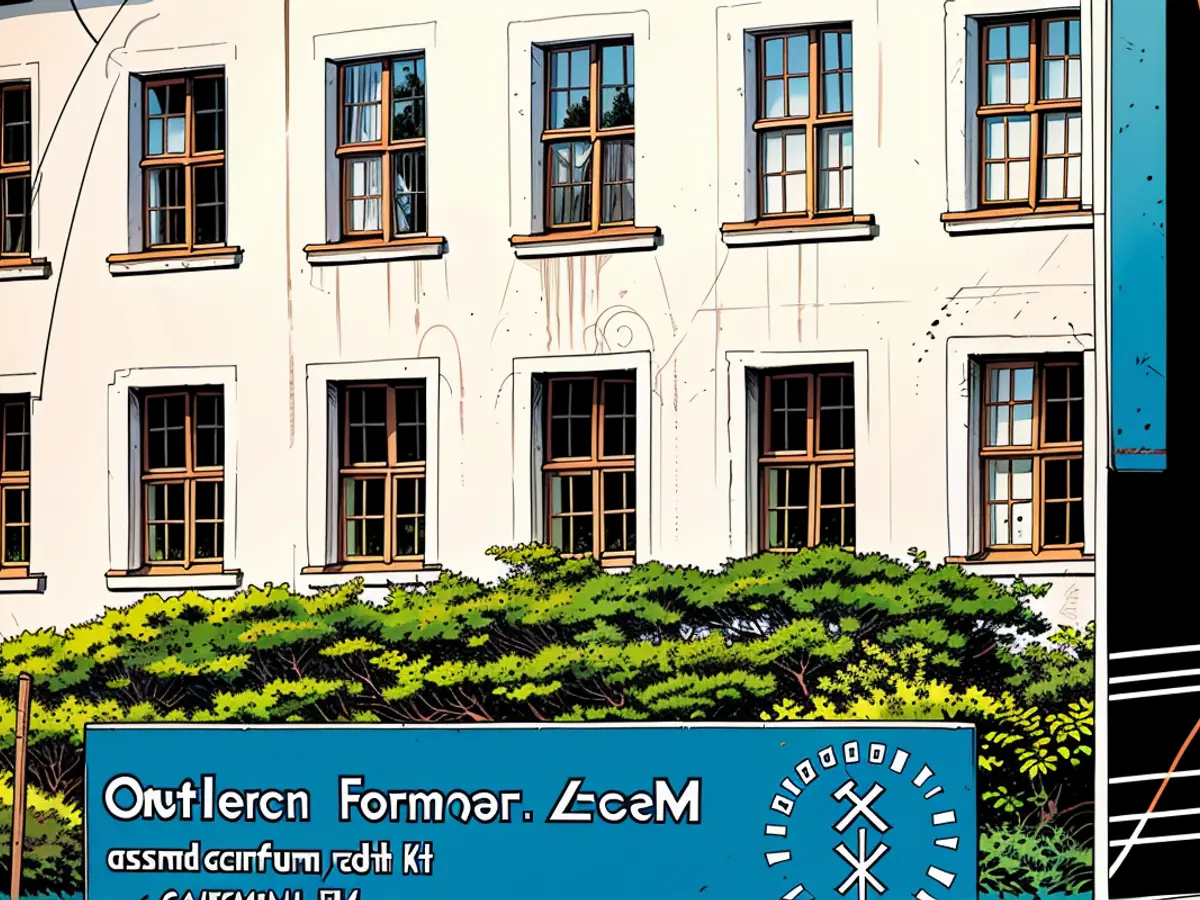Raw materials - Freiberg researchers rely on tiny helpers in mining
Researchers at the Bergakademie Freiberg aim to extract Copper, Indium, and Zinc using microorganisms and plan to build a pilot plant in the Erzgebirge for this purpose. The scientists are focused on extracting these minerals from ores that contain only low concentrations of these metals. Microorganisms dissolve the metals from minerals in a bioreactor with minimal energy input, according to the Technical University. The metals are then filtered from the process water.
In the lab, these processes have been tested, and with EU funding, a pilot plant is to be built in Pöhla in the Erzgebirge to test the entire process on a larger scale. A company is already planning to mine Tin and other resources there and intends to build a mine.
The procedure is reportedly also suitable for extracting resources from dumps and contaminated sites. A total of 14 partners are involved in the research project Xtract, nine of which are from different countries. The procedure is to be tested in a mine in Björkdal, Sweden, as well as for recycling mining waste in São Domingos, Portugal, and in Lavrion, Greece. The EU is reportedly supporting the project with 5 million Euros from a research program.
- The Ore Mountains, known for their rich history of Saxony's mining, may witness a revival with the EU-funded construction of a pilot plant in Pöhla for extracting metals using microorganisms.
- The Raw material extraction method developed at the Bergakademie Freiberg involves utilizing microorganisms to dissolve Metals like Copper, Indium, and Zinc from low-concentration ores, a process originally tested in Freiberg's labs.
- The University's study on mining in the Erzgebirge has attracted international attention with 14 partnerships, including institutions from the Freiberg University of Mining and Technology in Saxony.
- The EU research program has granted 5 million Euros for testing the Copper extraction technique using microorganisms in various locations, like Björkdal's mine in Sweden, São Domingos' waste recycling facilities in Portugal, and Lavrion in Greece.
- While the pilot plant in Pöhla focuses on extracting Tin and other resources, the Rock formations of the Ore Mountains could potentially harbor other Raw materials that can be responsibly mined using the innovative biological method developed by the Freiberg scientists.
- Moreover, the EU's support of such projects aims to encourage sustainable and efficient mining practices, impacting how future Mining activities in Saxony and beyond might be conducted in the future.








